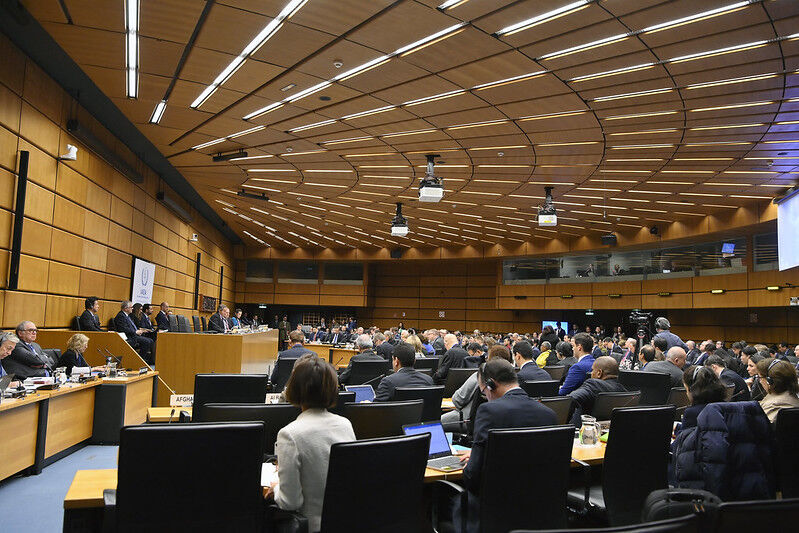
Similar Posts
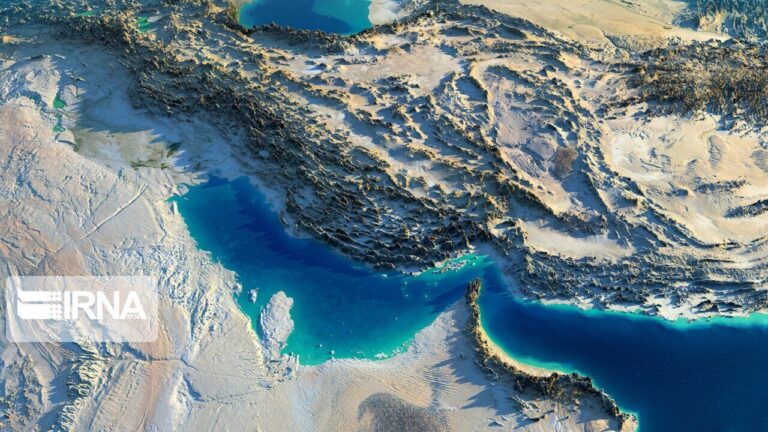
Iran Launches Legal Battle Against Google for Distorting the Name of the Persian Gulf
The National Virtual Space Center in Iran plans to take legal action against Google and other international platforms for using inaccurate names instead of “Persian Gulf.” Spokesman Hossein Dalirian described this as a deliberate distortion of a well-established historical fact, which has drawn significant backlash from the Iranian public and international figures. He emphasized that “Persian Gulf” has been consistently used for thousands of years and is recognized by authoritative institutions like the UN. The center views the misrepresentation as a threat to national identity and will soon hold legal consultations with experts and government representatives to address the issue.
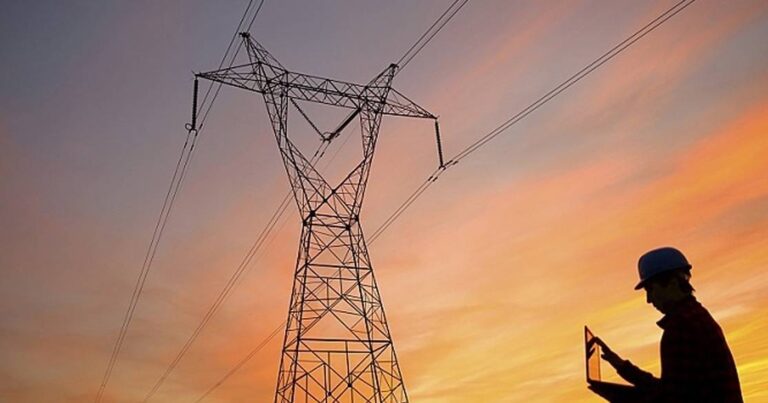
Iran Faces Power Crisis: Industry Chief Warns of Inability to Meet One-Third of Energy Demand
Iran is facing a severe electricity shortage, with projections indicating a 25,000-megawatt deficit for 2025-2026, exacerbated by a current 20,000-megawatt shortfall. Industry officials warn that the country will only generate a third of the power needed to meet rising demand, leading to fears of intensified blackouts. Despite government assurances of a robust energy sector, ongoing unplanned outages are disrupting schools and government operations. Lawmakers are urging immediate action to address the crisis, which poses risks to both economic stability and political order as summer approaches. Effective government strategies are crucial to alleviate the impending energy crisis.
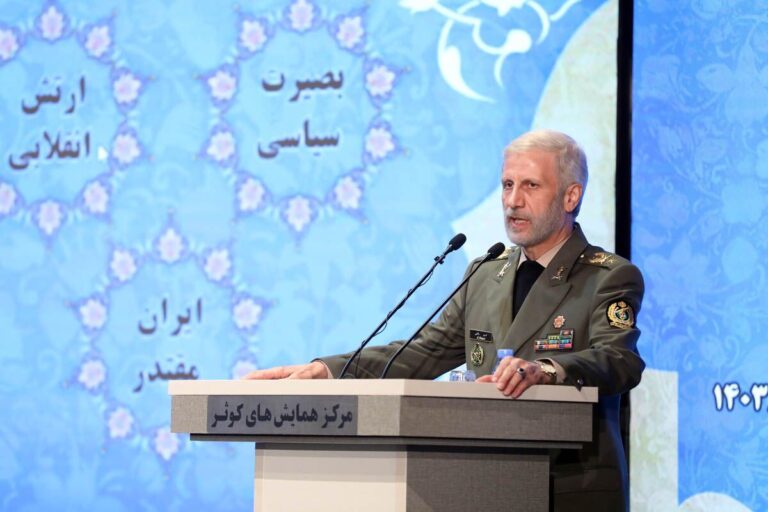
Leader’s Military Adviser: Israel Can’t Diminish the Power of the Resistance Axis
Brigadier General Amir Hatami, a military adviser to Iran’s Ayatollah Khamenei, claimed that Israel cannot dismantle the strength of resistance groups like Hamas, Hezbollah, and Ansarullah. Speaking at a political conference, he noted Israel’s declining influence, recent condemnation for human rights abuses by the ICC, and military setbacks, including defeats against Hamas and Hezbollah, which forced Israel into a ceasefire. Additionally, Hatami highlighted Israel’s severe economic struggles, with over 4,000 companies leaving the country and the government seeking billions in loans from Western nations to sustain military operations. These points underscore Israel’s current challenges in the region.
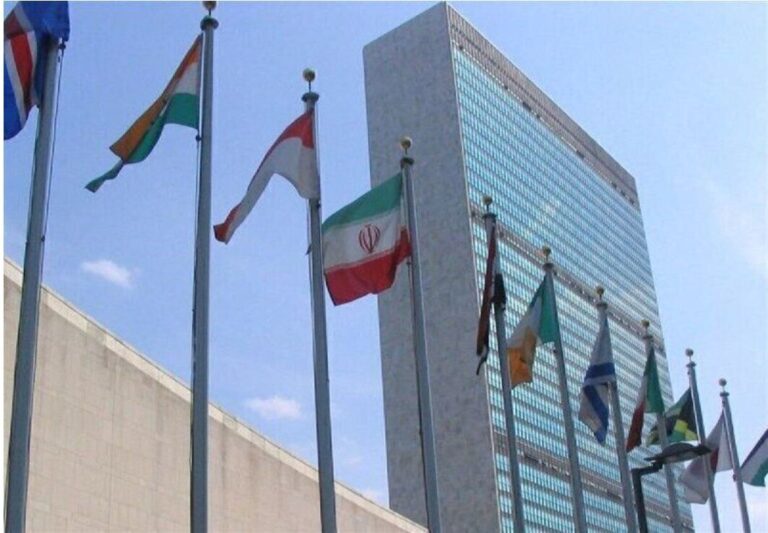
UN Mission Dismisses Iran’s Fateh Missile Launcher Shipment to Russia as Absurd
Iran’s Diplomatic Mission to the United Nations has strongly rejected Reuters’ claims of the country’s military assistance to Russia, particularly allegations of sending Fateh missile launchers. The mission described the accusations as “utterly absurd” and criticized Reuters for spreading what it views as baseless allegations. Iran emphasized its commitment to military neutrality amid ongoing conflicts, asserting that it will not provide support to any conflicting parties. This situation raises concerns about misinformation and its potential impact on international relations and perceptions of Iran globally. Monitoring developments is crucial as the narrative unfolds.
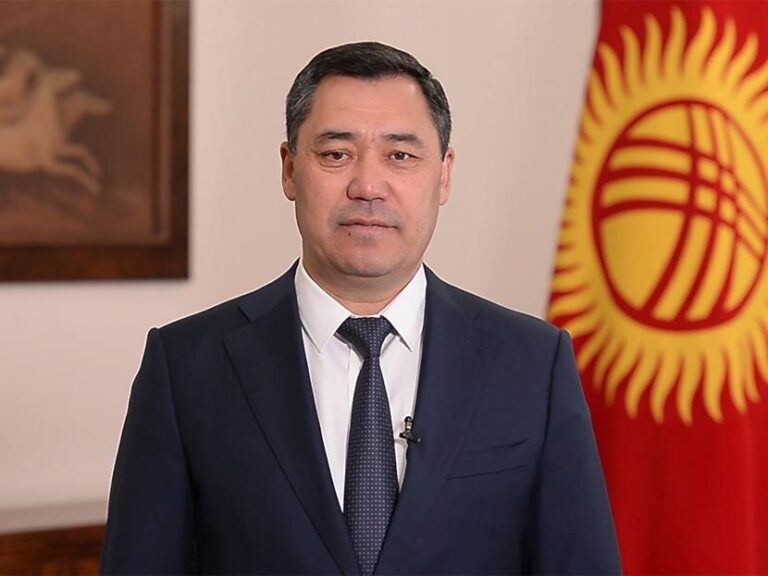
Kyrgyzstan-Tajikistan Border Treaty: A Game-Changer for Central Asia’s Stability and Cooperation
Kyrgyzstan’s President Sadyr Japarov has announced the resolution of a 101-year border dispute with Tajikistan, marking a historic milestone for both nations and Central Asia. This agreement signifies a new era of peace, with Japarov emphasizing that all regional countries have now settled their border issues. He proposed a visa-free regime and a unified visa system for Central Asian travelers, similar to the Schengen model. The treaty will be ratified by the Zhogorku Kenesh on March 19, with Japarov urging transparency and open dialogue. He acknowledged the emotional toll on citizens affected by the border changes while prioritizing state interests for lasting peace.
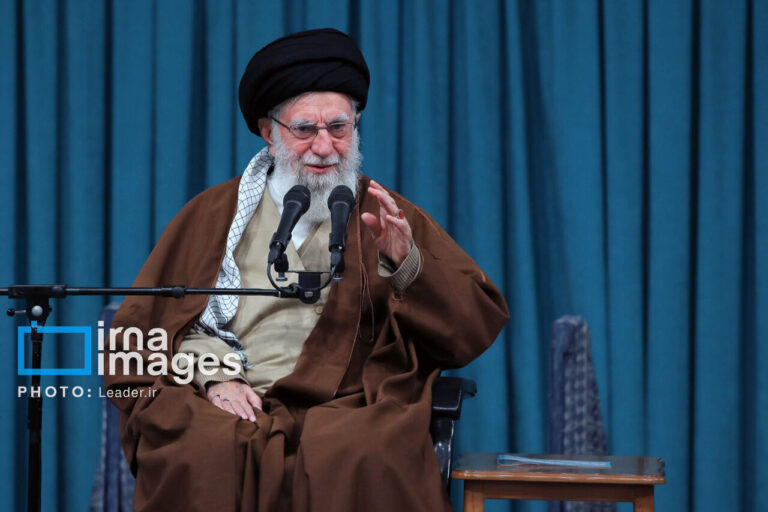
Leader Celebrates Private Sector Growth Amidst Prolonged Illegal Sanctions
In a significant address, Ayatollah Seyyed Ali Khamenei recognized the private sector’s advancements in Iran despite years of US-led sanctions impacting the economy. Speaking to manufacturers and economic leaders, he emphasized the need to publicize these achievements, following his visit to the Pioneers of Progress exhibition. Khamenei highlighted the importance of utilizing Iran’s BRICS membership to reduce reliance on the dollar, advocating for a financial system that allows transactions in member countries’ national currencies. He urged nations under sanctions to leverage their resources to mitigate economic pressures, reflecting optimism in self-reliance and international cooperation.